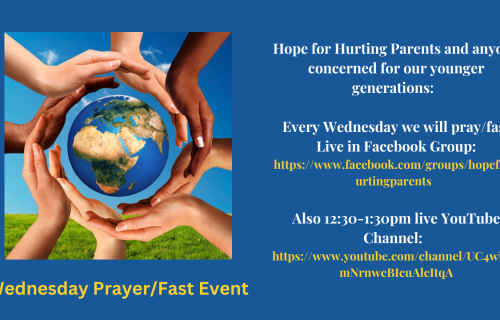
Unmasking Passive Aggressive Behavior
Passive Aggressive Behavior Defined: Probably one of the least understood behavior patterns or personality disorders is passive aggressive behavior. Passive aggression is a destructive pattern of behavior that is seen as a form of emotional abuse in relationships that destroys trust between people. It is a form of covert abuse. When someone punches you in the face, you know you have been assaulted or abused. This type of behavior is obvious and easily identified. Covert abuse is subtle and veiled or disguised by actions that appear to be normal, at times loving and caring. The passive aggressive person is a master at covert abuse.
Passive aggressive behavior takes many forms but can generally defined as a non-verbal aggression that manifests in negative behavior. Instead of communicating honestly when someone is upset, annoyed, irritated, or disappointed, they bottle their feelings up, shut off verbally and make obvious changes in behavior, become sulky or put up a stone wall.
A passive aggressive person might not always show they are angry or resentful. They frequently appear in agreement, polite, friendly, down to earth, kind and well-meaning; however, underneath there is manipulation hence the term “Passive Aggressive”. This behavior is most often identified in romantic relationships but this type of personality disorder contaminates all of the relationships in the persons life. Because the passive aggressive person generally presents a polite, friendly, shy and well meaning demeanor, it is harder to recognize in a work environment or in casual friendships. Negative emotions and feelings build up and are then held in due to a self-imposed need for acceptance or to avoid arguments or conflict.
It can be very frustrating to have any type of sincere relationship with someone who is passive-aggressive because their words and behavior contradict one another. The person on the receiving end gets easily wounded and frustrated because when confronted, the passive aggressive person lies with regards to their true feelings or opinions leaving anyone in a no-win situation.
Sadly, the passive aggressive person is often completely unaware of their behavior and how it affects those close to them. This further fuels their victim mentality because they’re focus is on how they have verbally communicated which is usually polite and proper. Their denial is fueled by the fact that those who don’t interact with them on a day to day basis will often take their side believing their quiet and gentle disposition couldn’t possibly have ulterior motives.

Passive aggressive individuals have many narcissistic tendencies and deeply ingrained distorted beliefs. They can get away with their behavior because their inability to be honest with themselves and others creates relationship dynamics that hold others at a distance. When confronted, they easily dismiss those relationships or situations in effort not to have their true nature exposed.
The passive aggressive individual presents a fragile-victim mentality when in fact they are very cold and calculating easily manipulating and swaying others to justify this behavior. They often have many acquaintances, readily volunteer, and are very liked; however, don’t be fooled. If they feel threatened at any point, since they don’t possess the skills to manage and work through conflict, they can easily dispose of seemingly even those closes to them. If anyone gets too close or doesn’t conform to their expectations, instead of communicating in an honest manner, they can easily cut out relationships which threaten them in any way. They are rarely wrong nor assume personal responsibility.
Some examples of passive aggression might be:
- Non-Communication when there is clearly something problematic to discuss
- Avoiding/Ignoring when angry
- Evading problems and issues, like burying an angry head in the sand
- Procrastinating intentionally putting off important tasks for less important ones
- Obstructing deliberately stalling or preventing an event or process of change
- Fear of Competition Avoiding situations where one party will be seen as better at something
- Ambiguity Being cryptic, unclear, not fully engaging in conversations
- Sulking Being silent, morose, sullen and resentful in order to get attention or sympathy.
- Chronic Lateness A way to put you in control over others and their expectations
- Chronic Forgetting Shows a blatant disrespect and disregard for others to punish in some way
- Fear of Intimacy Often there can be trust issues with passive aggressive people and guarding against becoming too intimately involved or attached will be a way for them to feel in control of the relationship
- Making Excuses Always coming up with reasons for not doing things
- Victimization Unable to look at their own part in a situation will turn the tables to become the victim and will behave like one
- Self-Pity the poor me scenario
- Blaming others for situations rather than being able to take responsibility for your own actions or being able to take an objective view of the situation as a whole.
- Withholding usual behaviors or roles for example sex, cooking and cleaning or making cups of tea, running a bath etc. all to reinforce an already unclear message to the other party
- Learned Helplessness where a person continually acts like they can’t help themselves – deliberately doing a poor job of something for which they are often explicitly responsible




Add A Comment